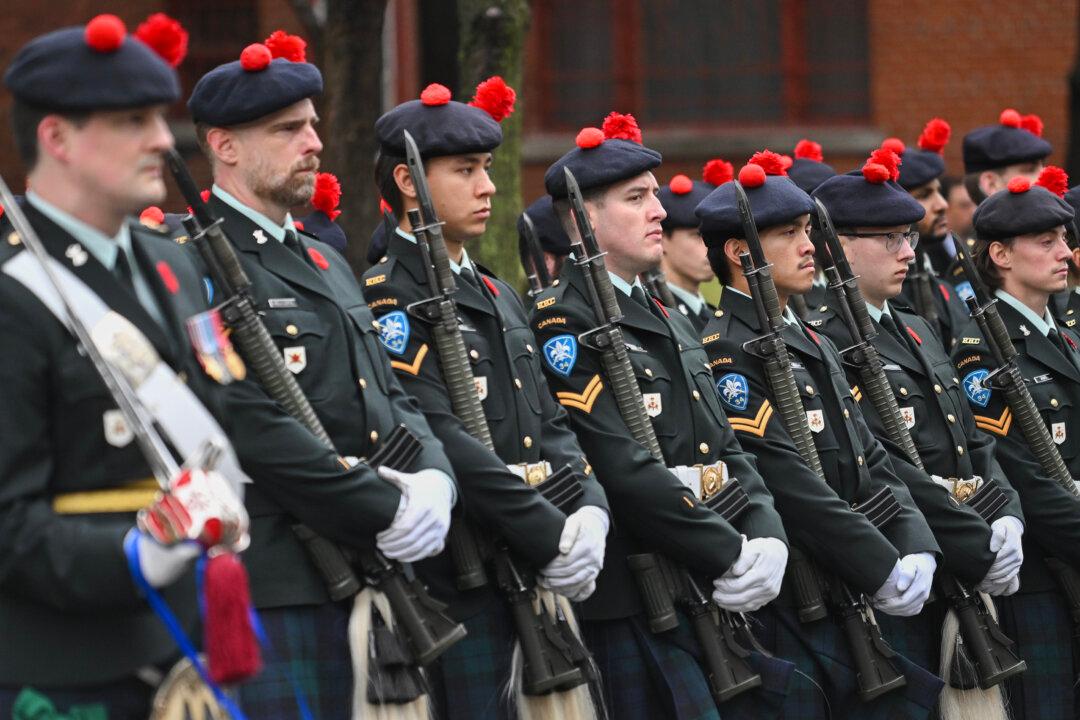The Canadian military says it has accelerated the intake of permanent residents with an overhaul of the recruitment process to help address its personnel shortage.
“We are challenging outdated policies and practices to simplify security process for applicants with ties to other countries,” Chief of Military Personnel Lt.-Gen. Lise Bourgon said at a Feb. 19 media briefing.





